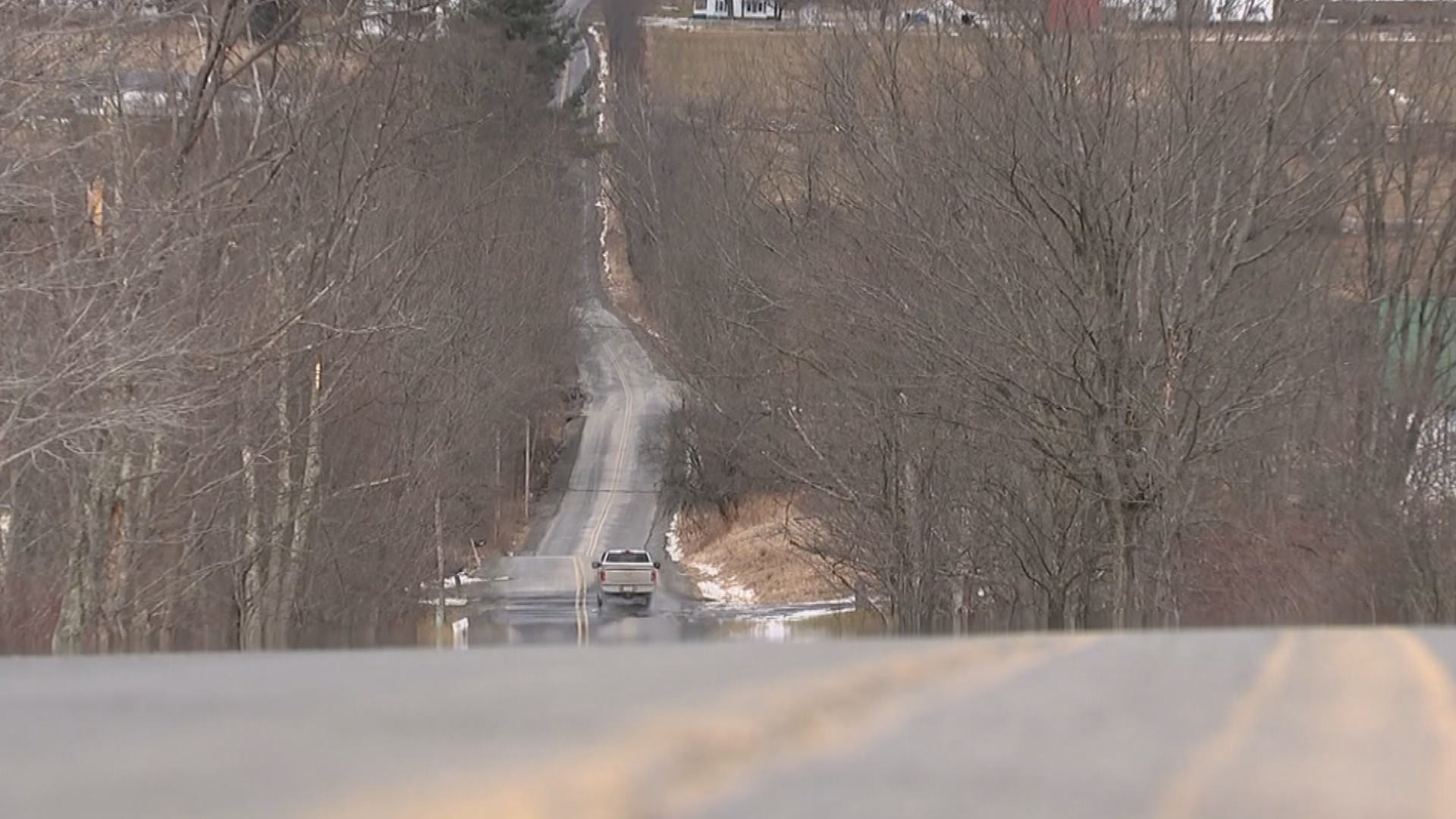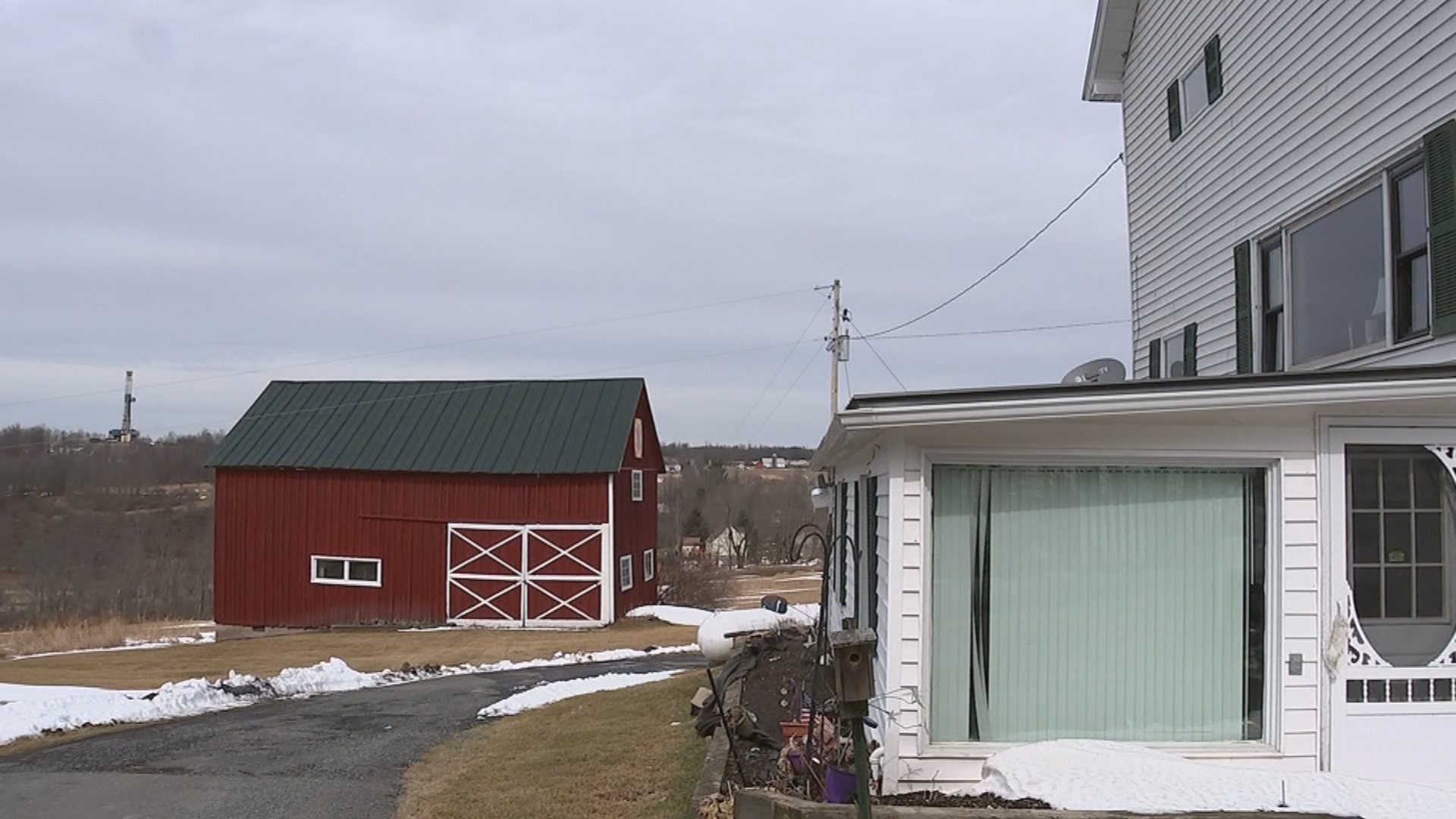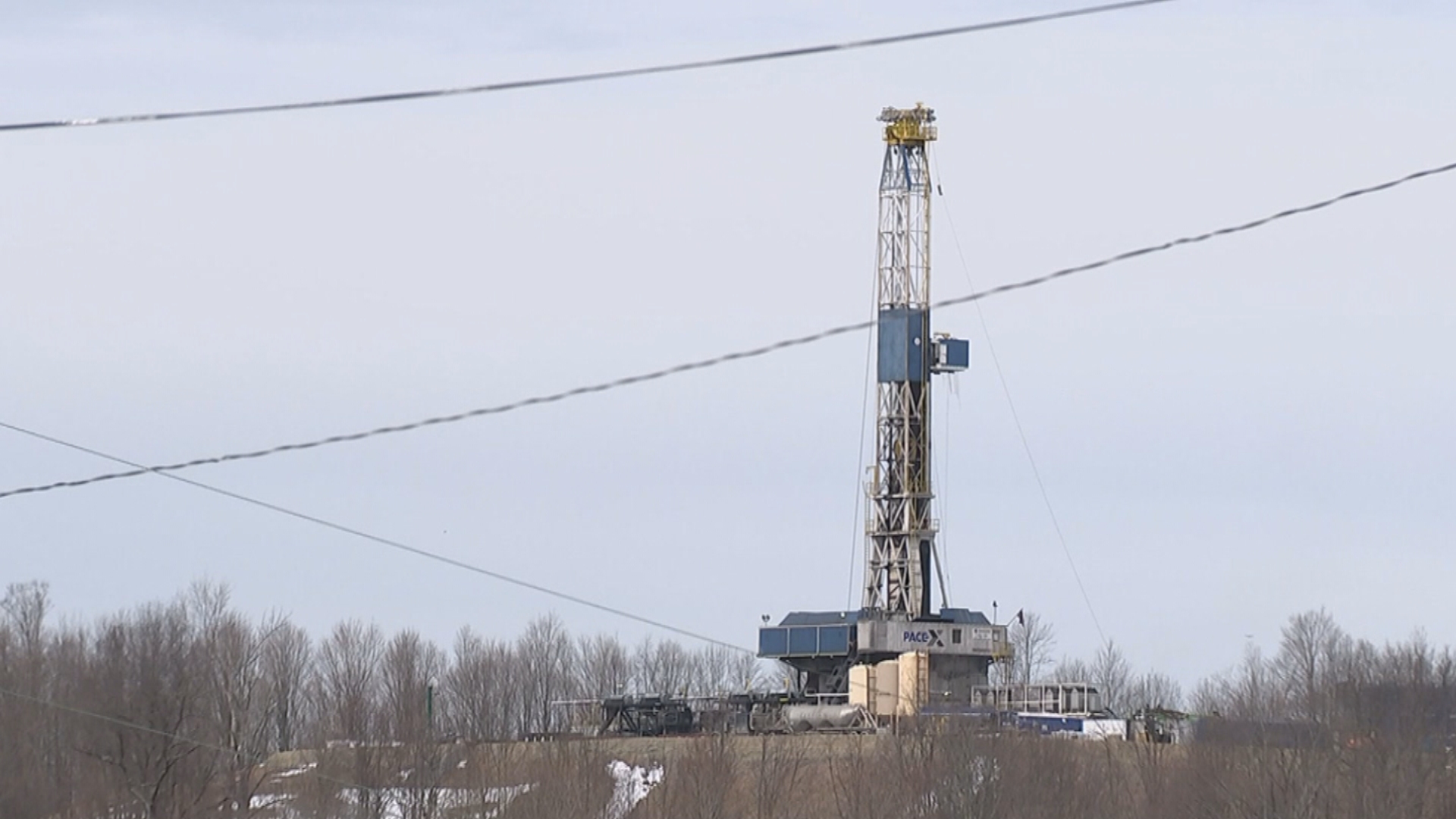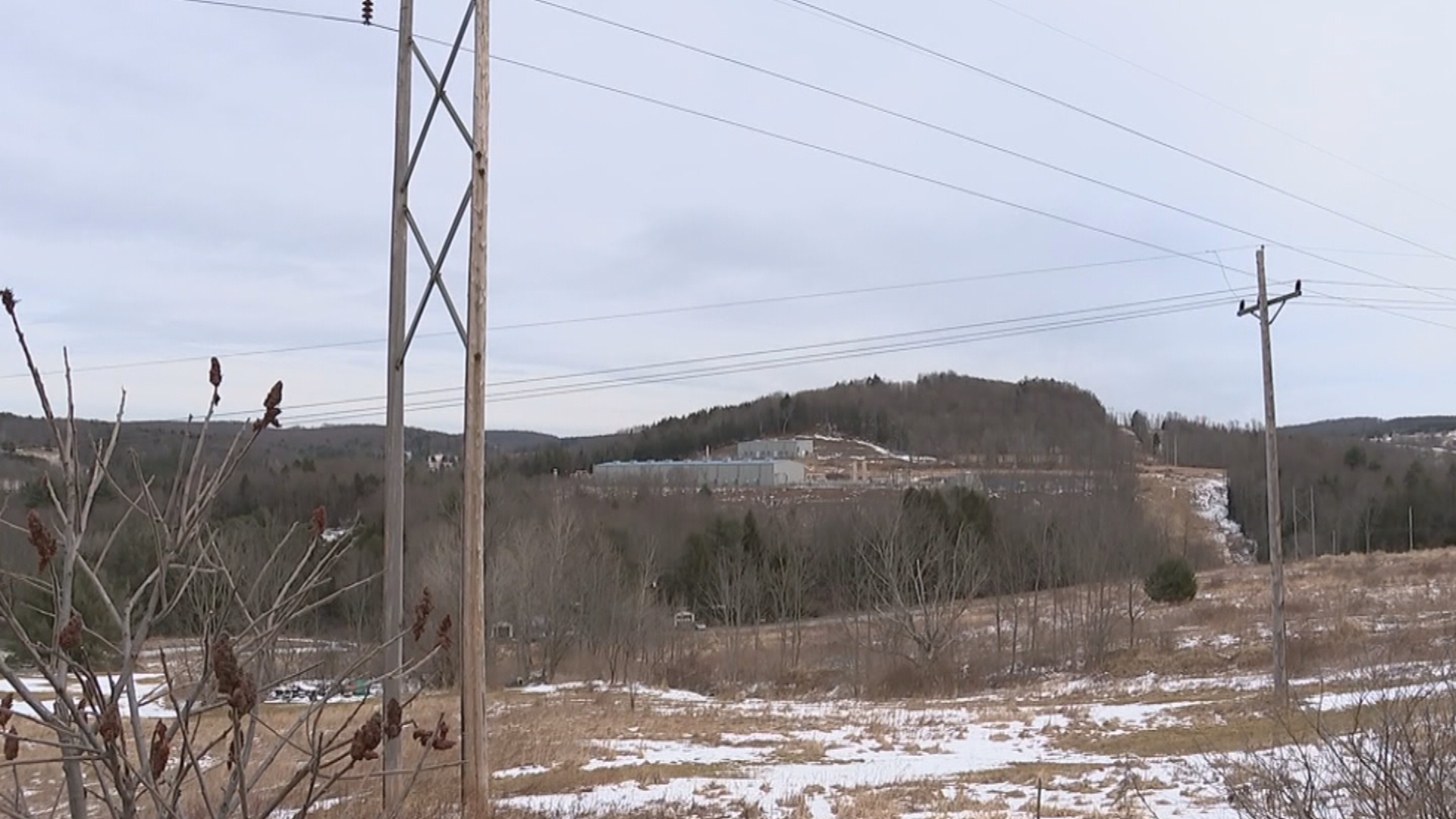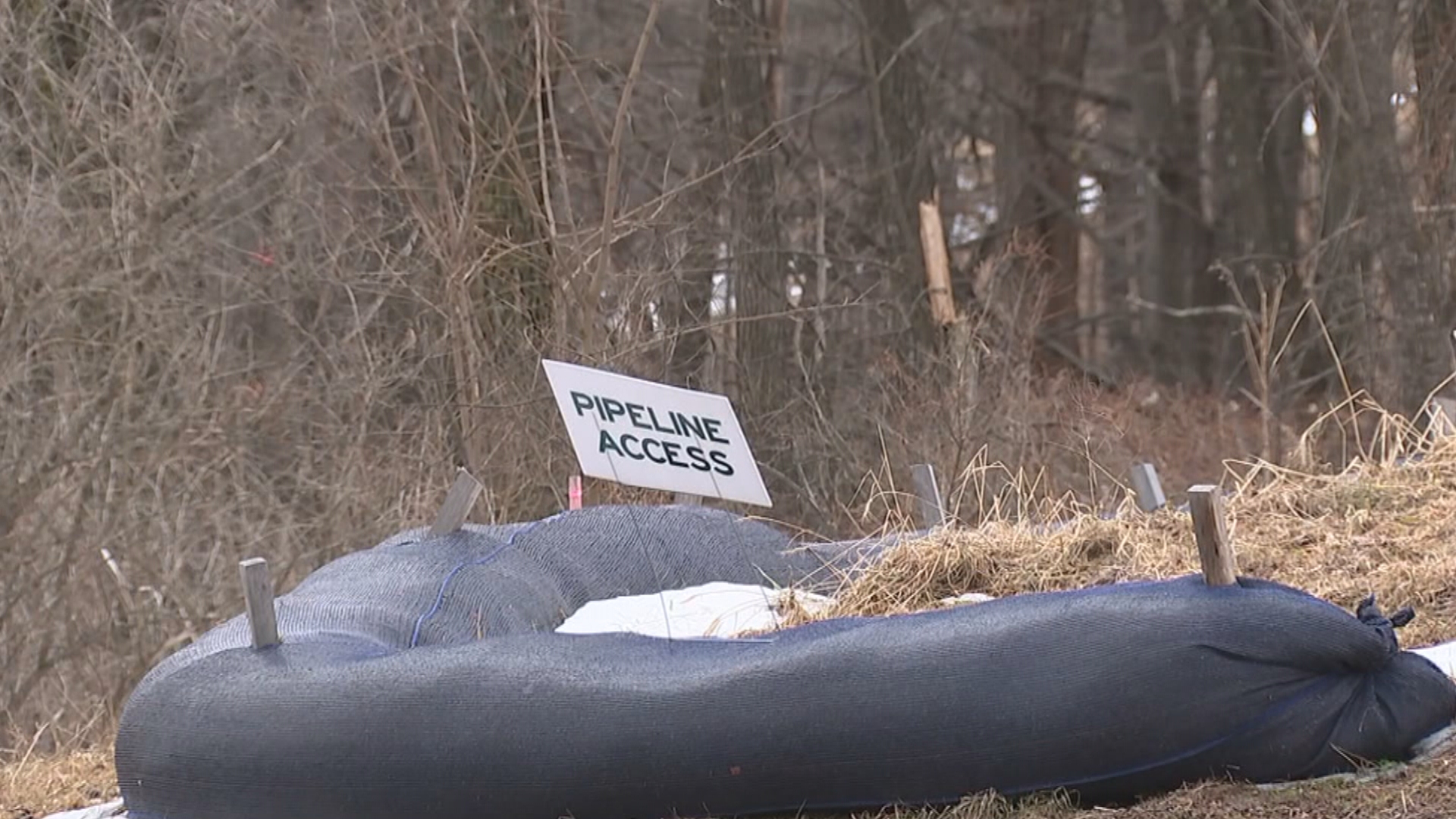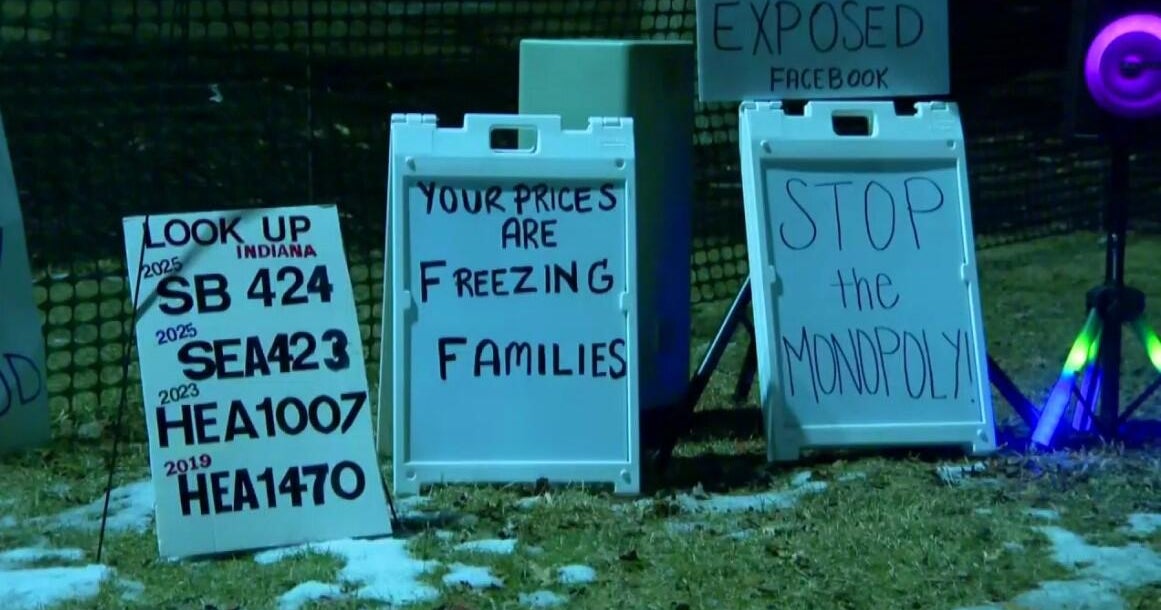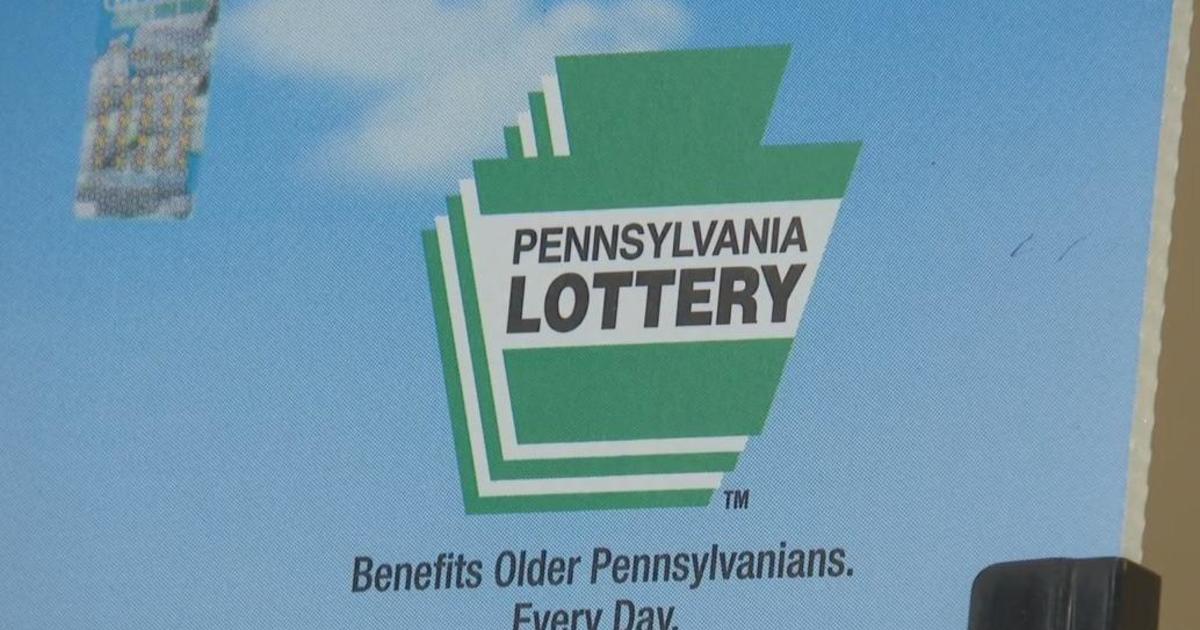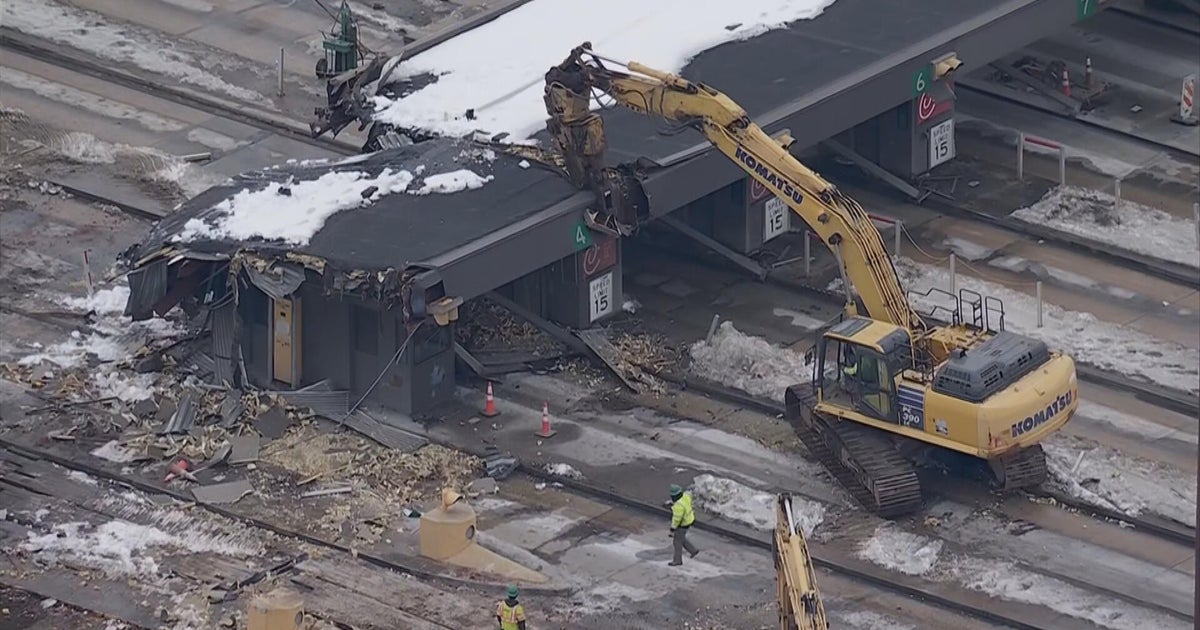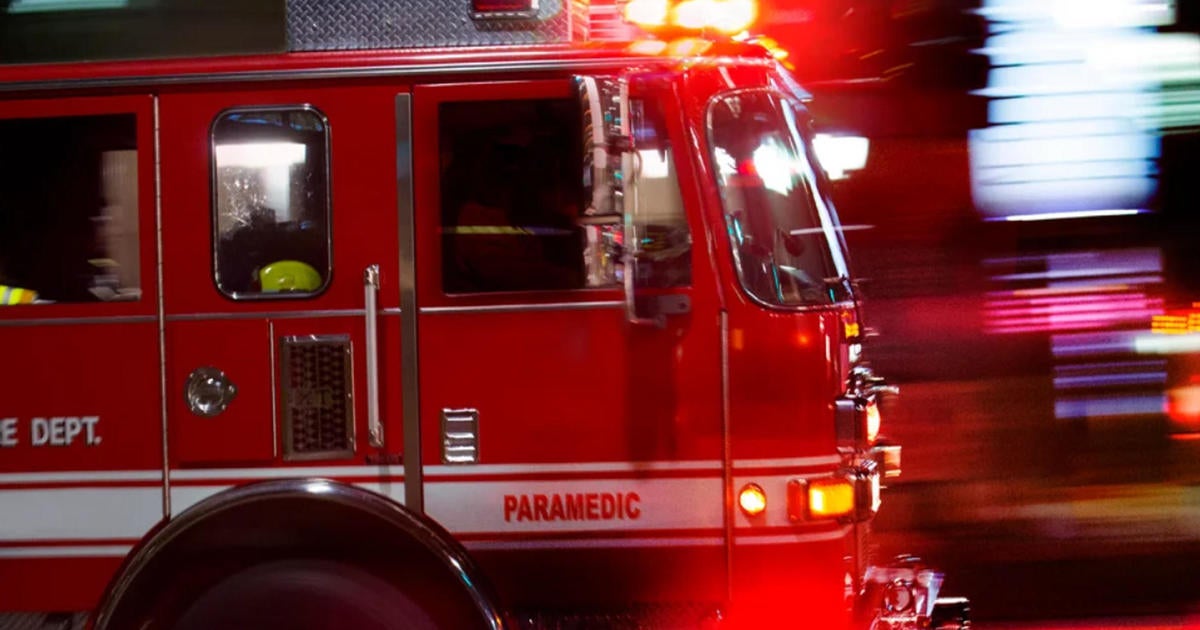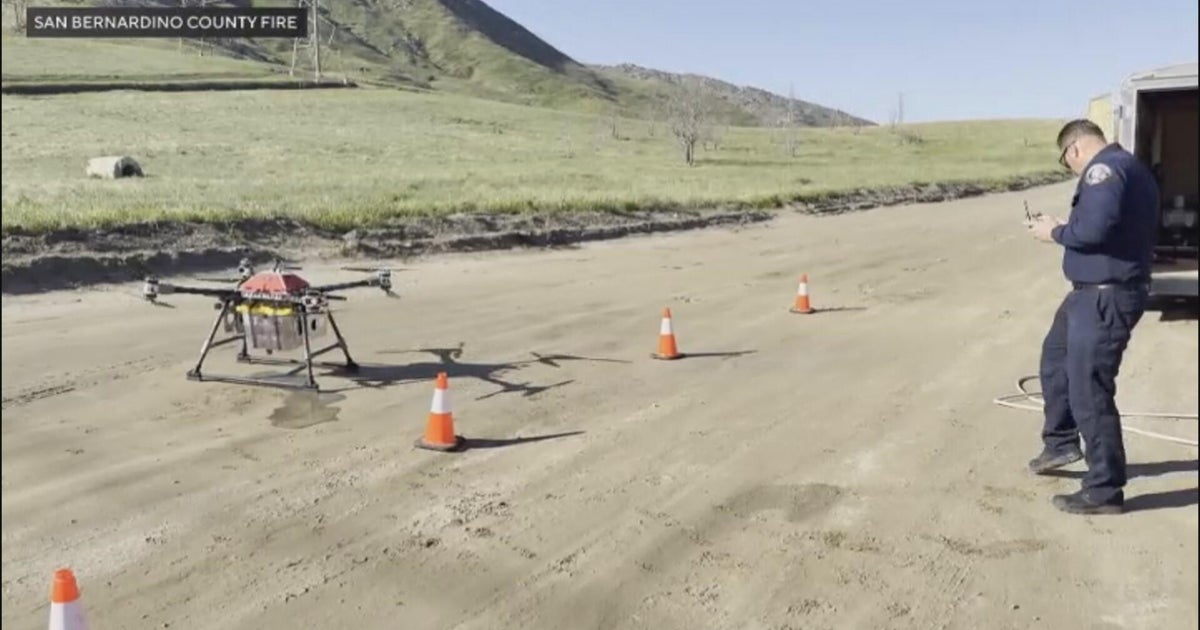High Gas Prices, Foreign Energy Dependence Sparks Renewed Interest In Expanding Drilling In Pennsylvania
SUSQUEHANNA COUNTY, Pa. (CBS) -- Pennsylvania is the second-highest exporter of natural gas in the entire country. High gas prices and foreign energy dependence have sparked renewed interest in expanding drilling. The process is fraught with controversy, much of it falling along party lines.
These are the rural roads of Susquehanna County. Nearly three hours north of Philadelphia, this is Montrose, and this is gas country.
A dozen years ago, a race to drill heated up, here and in western Pennsylvania. Expansive deposits of gas are underfoot and reachable only by a process known as hydraulic fracturing, or fracking.
Today, with gas prices beyond $4 a gallon, there are growing calls by some to rev up the industry, increase production and break the country's reliance on foreign energy.
Susannah Major's farmhouse sits on dozens of acres on the outskirts of town.
Just next door, there's work on a new well.
"I called it Emerald City," Major said.
Major doesn't have a well of her own. Not yet, at least.
The place is peaceful. The birds visit the many feeders, the quiet of the afternoon broken up by a babbling brook.
Major tells Eyewitness News that the natural gas industry and drilling industry has been good for the county. Pennsylvania is second behind Texas in output.
"As far as testing and being careful and being cautious and fixing the roads and keeping it safe as possible," Major said.
Major says she has no worries.
"I think that I'm a realist," she said, "and know it's going to happen. They're doing a good job and they're being as careful as they possibly can."
"It's a great place to live, you get all four seasons," County Commissioner Alan Hall said.
In town, Eyewitness News met Hall.
"That's the old jail. We don't use it," Hall said. "Nobody's in that."
A Republican in office for going on 12 years, Hall wants more production from Pennsylvania.
"We need to turn all this back on," Hall said. "We can become energy efficient ourselves."
He hails the $2 billion by law drillers have given back.
"Show me another industry that has given $2 billion to the state of Pennsylvania," Hall said.
Would he say they've been a good neighbor?
"I would say they've been a great neighbor," Hall said.
The Marcellus Shale story in Pennsylvania has been a complicated and twisting road.
Some believe the industry has done so much damage to the environment that they should be shown the door.
"Pennsylvania has done a terrible job in regulating fracking," Scott Canon said. "Whether it be taxes, health studies, or water contamination."
Canon points to hundreds of complaints of contaminated well water.
State regulators have had a rocky relationship with drillers.
Canon, long a critic of drilling, places most of the blame on lawmakers in Harrisburg, saying people like him have been forced to monitor the behemoth industry.
"We're the ones out there that are ringing the bells when something goes wrong," Canon said.
That's a tough assessment on the legislators?
"It is, they're doing a horrible job," he said.
Criminal charges were filed against one drilling company with accusations they violated environmental laws.
Guys like Canon argue plans to accelerate drilling should be corked.
"It just bothers me how dishonest people are about this situation," Canon said. "I see people getting hurt from it. They're losing their property values, they're getting sick from it. And you want to go to the top of the hill and scream. … Nobody's listening."
Scores of environmental groups have condemned the continued reliance on fossil fuels.
But Dave Callahan, president of the Marcellus Shale Coalition, says Pennsylvania gas should be exported to reduce global dependence on Russian oil.
"We have things that we can do in this state, it doesn't matter if you're Democrat or Republican, we're all Americans on this issue," Callahan said. "We could ramp up production."
There's a long history of controversy on both sides in these parts.
Time has done little to cool the tension.
Back on the Major family estate, she said it doesn't bother her.
"It doesn't," Major said. "It's just temporary."
A temporary disruption...
Canon, however, believes there's more to it.
"The legislature wasn't prepared for this and they've been playing catch-up ever since," he said.
And so the debate does rage on.
